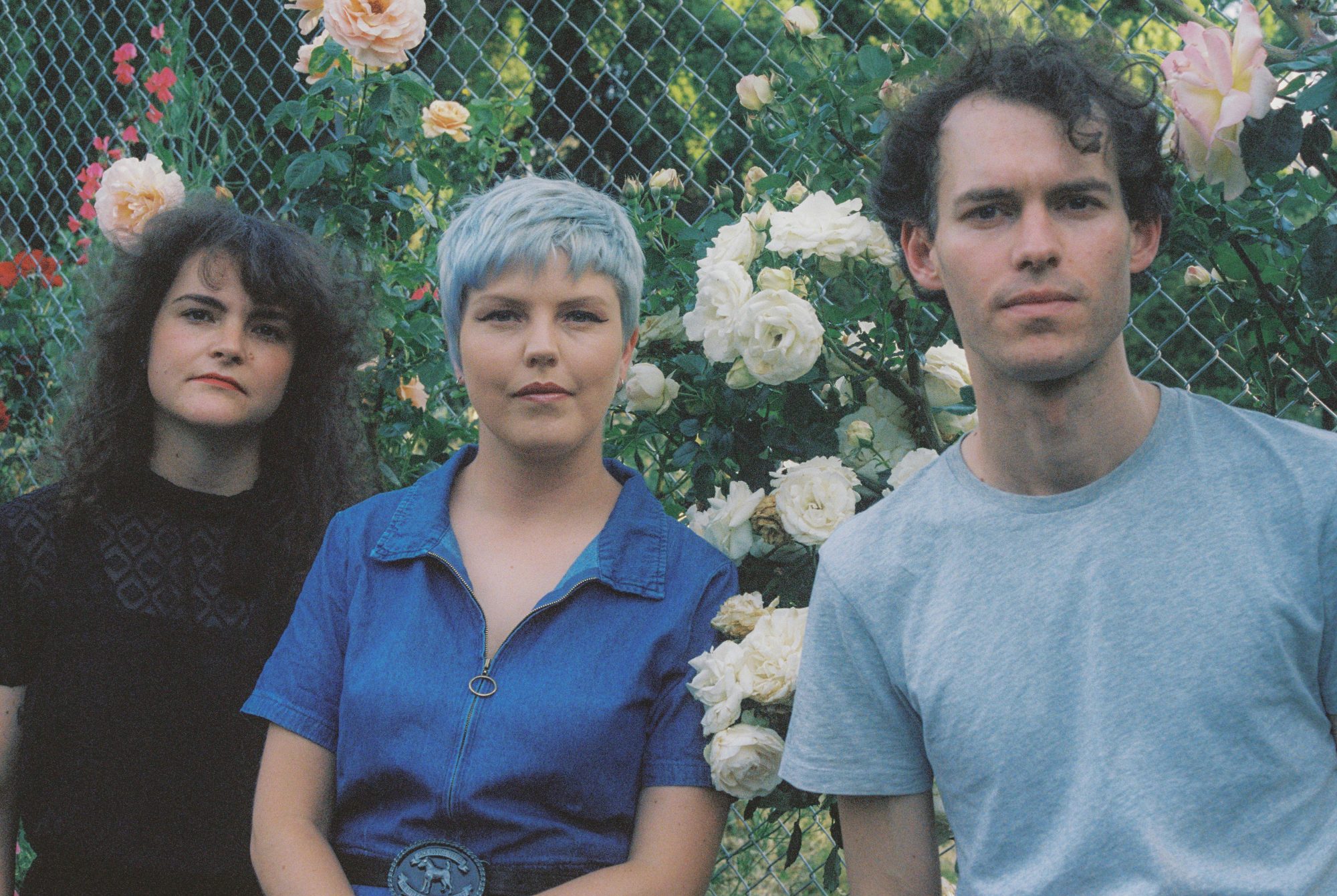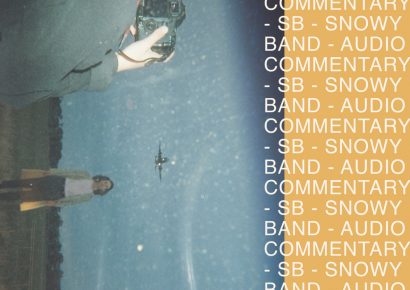The record’s out today.
Jenny McKechnie has just moved house.
She makes up one-third of Melbourne’s Cable Ties, a name those in the punk community are already very familiar with. While still setting up her belongings in the house, she moves through rooms, trying to gain clearer phone reception and eliminate the distant voices chattering in the background.
This cramped lifestyle is typical of Cable Ties’ aesthetic – wanting to be raw and authentic, telling it how it is and not living in a bubble. It’s been three years since the release of their self-titled debut album on Poison City Records and today their sophomore effort, Far Enough, will follow.
“The band has become the main focus of our lives,” McKechnie says. “We just like playing. We didn’t have any great designs for anything else.”
While not setting out for stardom, Cable Ties did have something else on the agenda: social and political awareness.
“It’s always been a kind of cathartic experience and a way for me to process how I’m feeling. Since I was a teenager I’ve always ended up writing about those issues. What comes across in the songwriting has changed according to the band I’m in.”
Album to album, the themes tend to change as well. While their first album was like a rallying cry, looking outward and shouting at the world, their new record deals with a lot more self-analysis and reflection. Making use of some autobiographical elements, McKechnie uses this record as a way to work through some of her own mental health issues, while still retaining the elements that made their first record so good.
This is clear right from the get-go, as Far Enough begins with a much more sombre tone than its predecessor.
“That song (‘Hope’) was one that I sat down and wrote myself, and then took to the band, which is actually pretty rare for us to do,” McKechnie reflects of the songwriting process. “Everything else we write in rehearsal, generally speaking, Nick [Brown] comes in with a bass riff or Shauna [Boyle] has a drum beat and we just play it and play it and if it can’t be played for half an hour straight then it’s not worth keeping.”
Choosing to return to Paul Maybury’s Fairfield studio where they tracked their first album, the recording process was similar. Fitting into a tight live room full of amps and weird organs the band recorded everything live, with sound spilling across the microphones. It’s still one of McKechnie’s favourite places in the world, and she’s a firm believer in recording rough and honest.
“We never would, but if we ever tried to go into a studio and do things track by track it would let all of the blood out of the band. I’m horrified to think what it would sound like.
“We just love that cathartic, physical side to music. You can’t get that by polishing everything up. That’s a pretty essential element of it.”
The songs on Far Enough lean a little more into the poppier side of punk, focusing on strong hooks but never deviating away from their trademark raucousness. This comes from a strong inspiration of primitive early ’70s rock’n’roll and proto-punk, in place of the doom and gloom post-punk that laid influence to their previous releases.
Opting to shoot two music videos for the album on film, they’ve taken this analog outlook to the visual side of things too. The album’s artwork takes a different direction from their first as well, replacing wavy shaded colours with block shapes and straight lines. The artwork by Zoe Croggon sums up exactly what the album tries to say.
“I really didn’t think that we would find something that perfect. To us, it evokes a feeling of loneliness, but also humanity, softness and hope.”
Far Enough is out today via Poison City/Merge Records. Give it a spin via streaming services.

